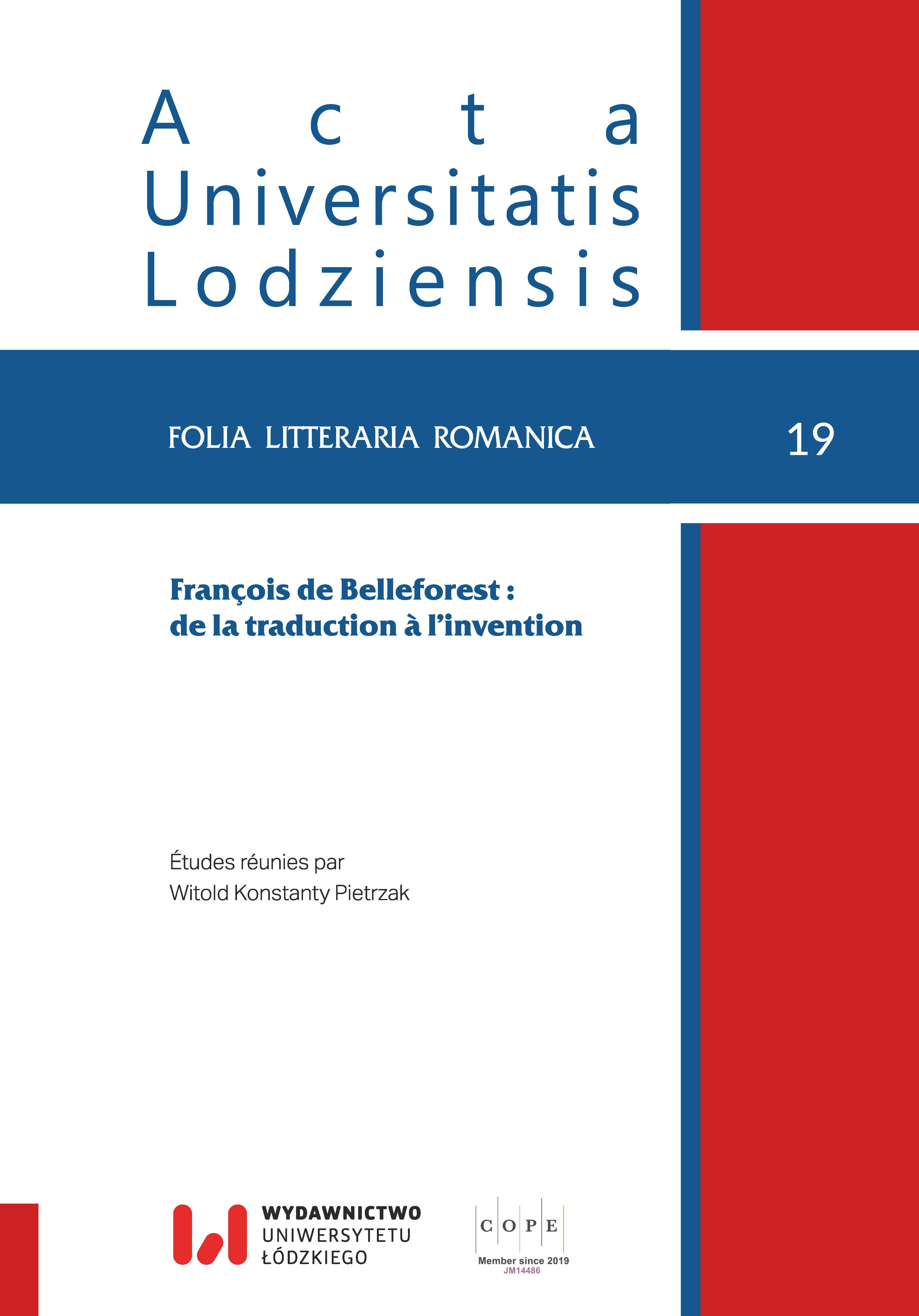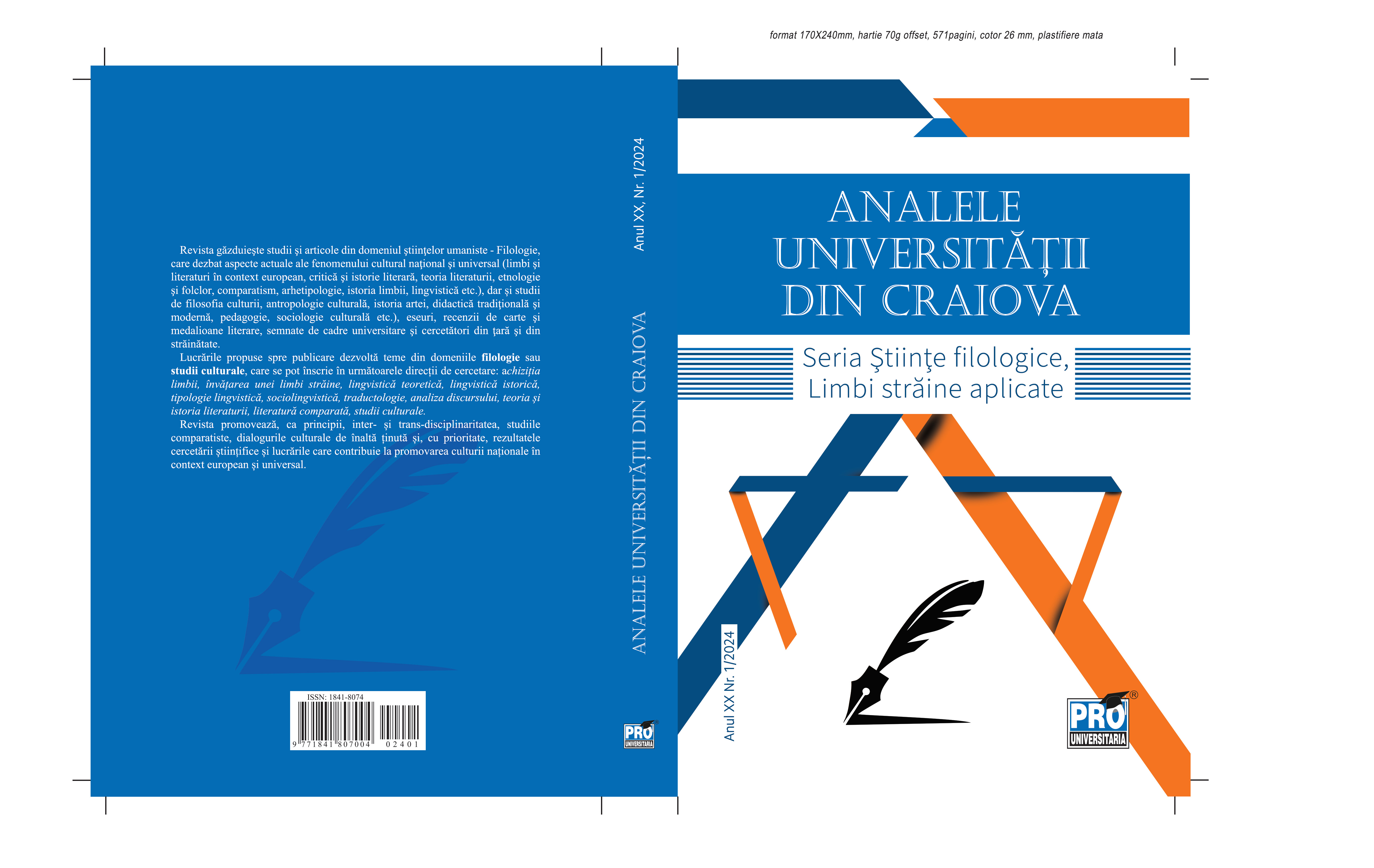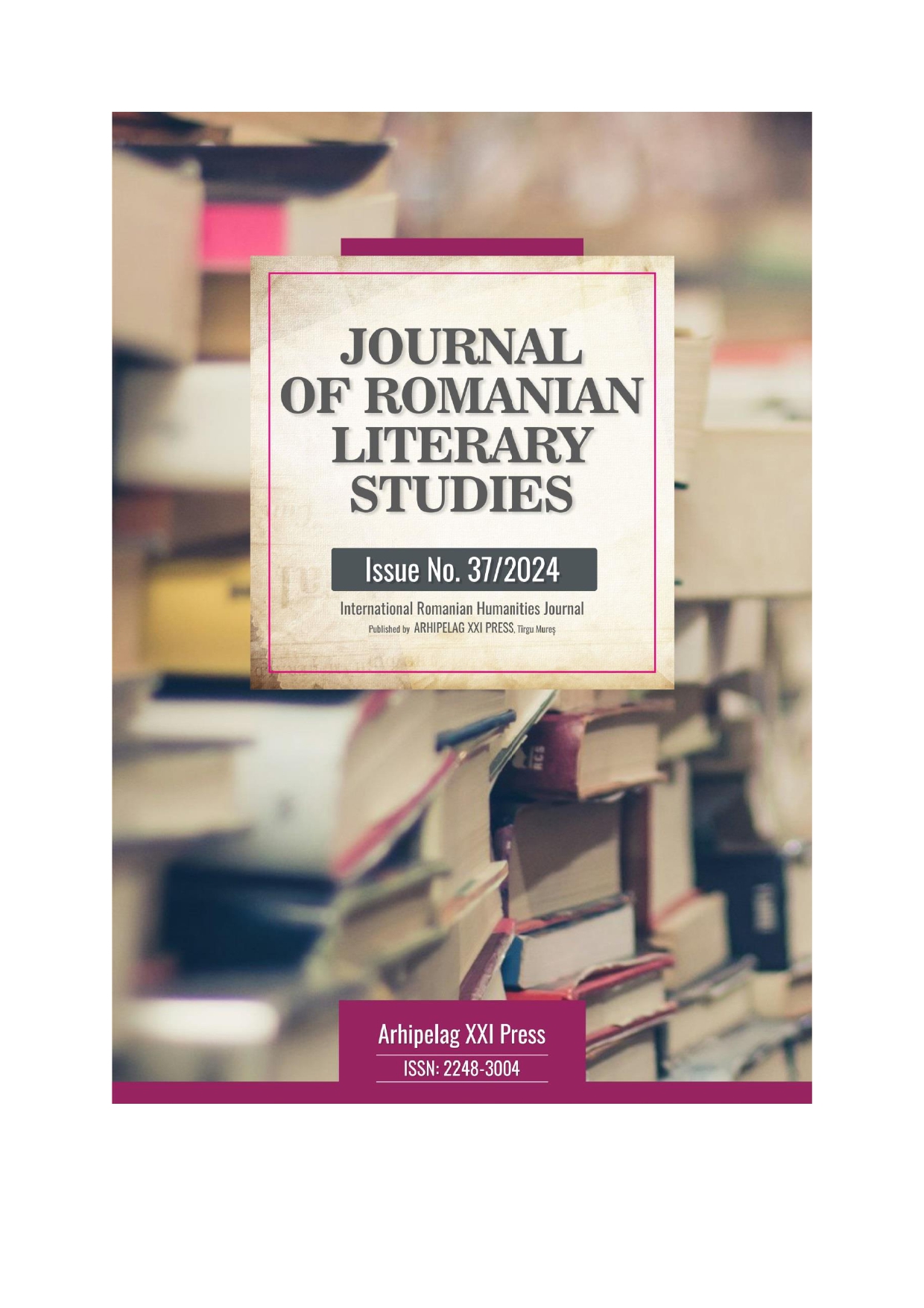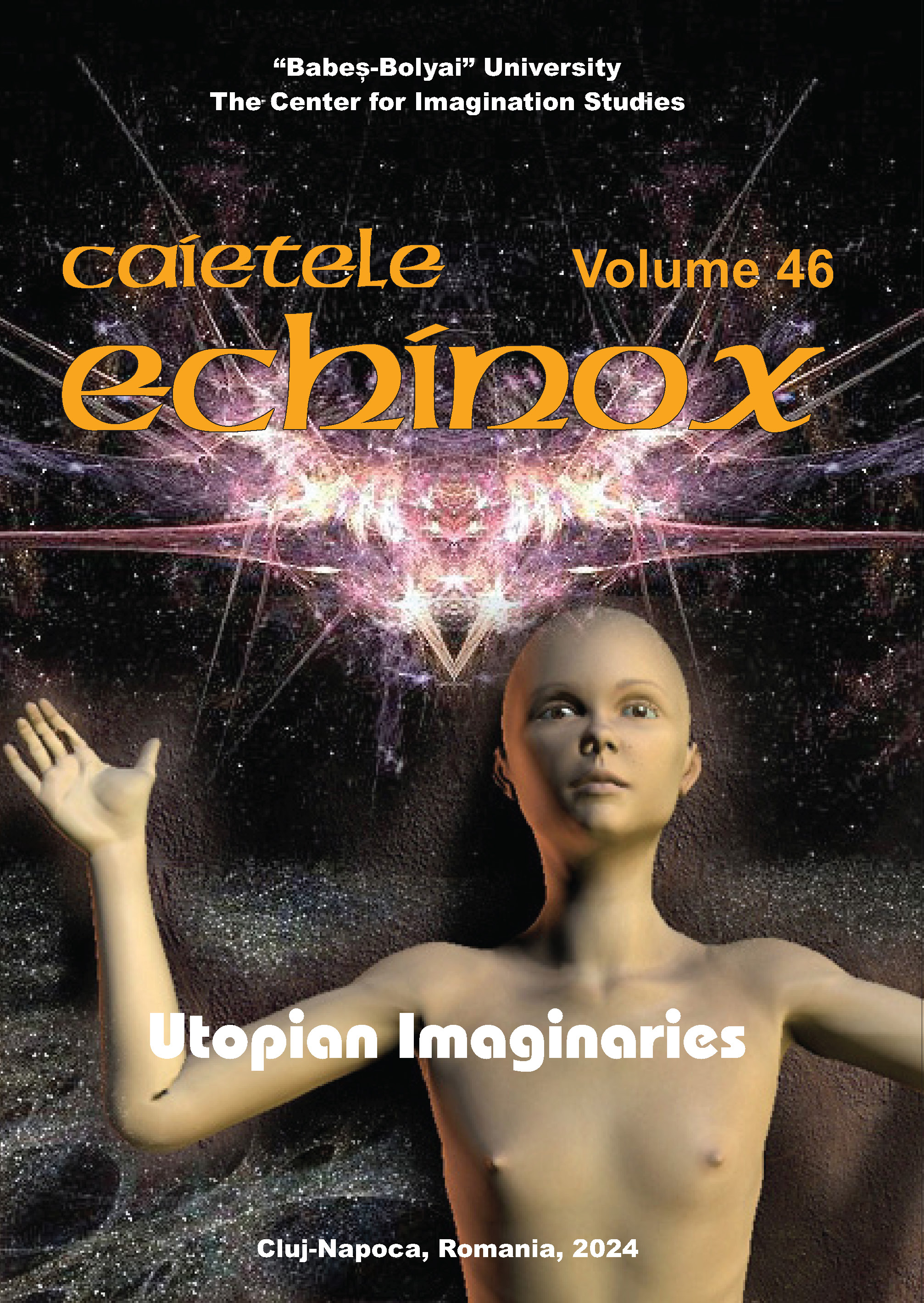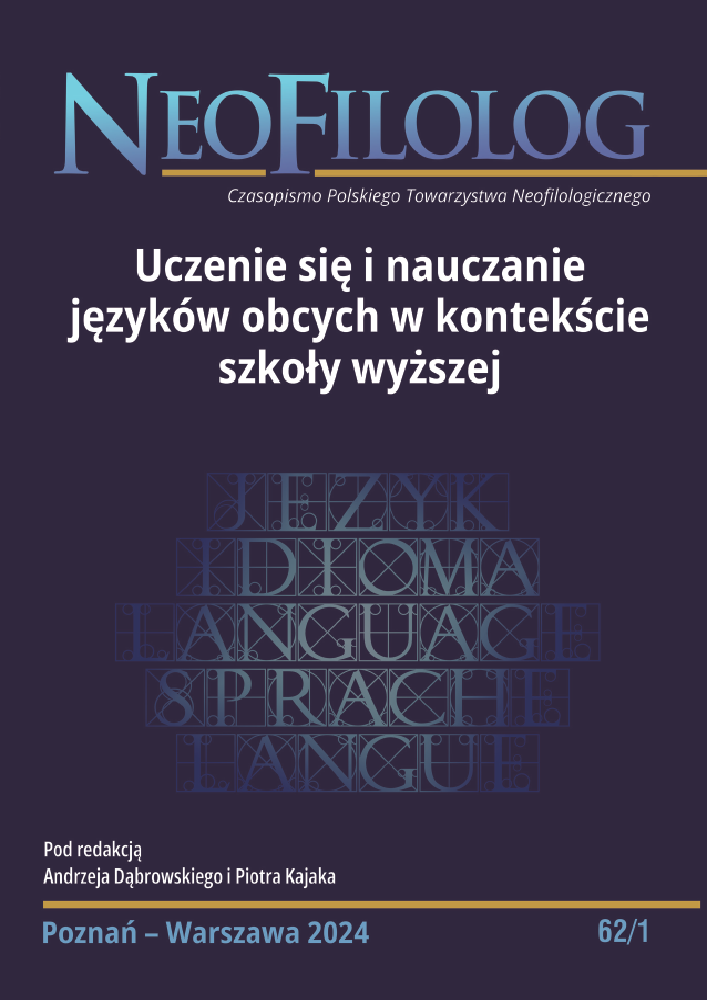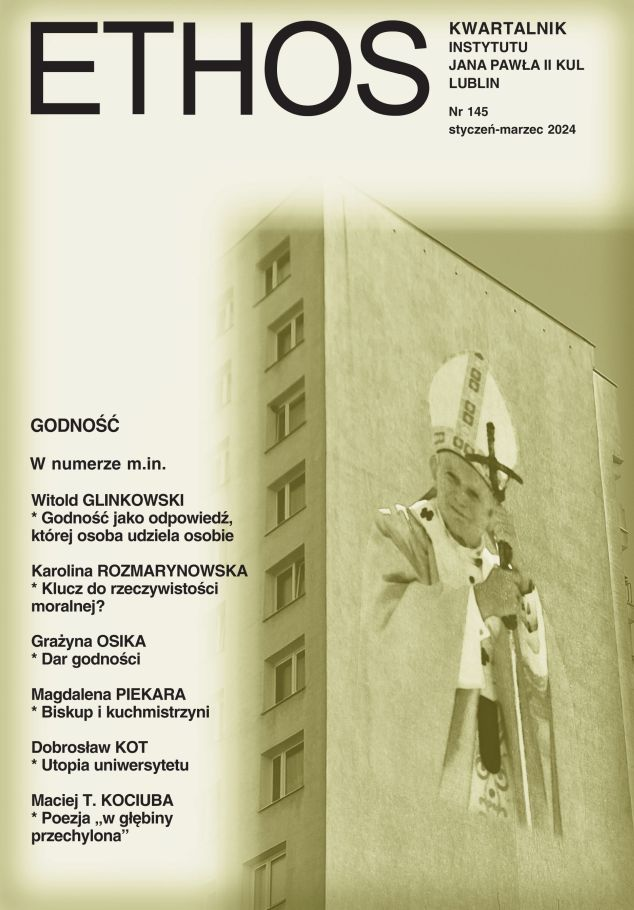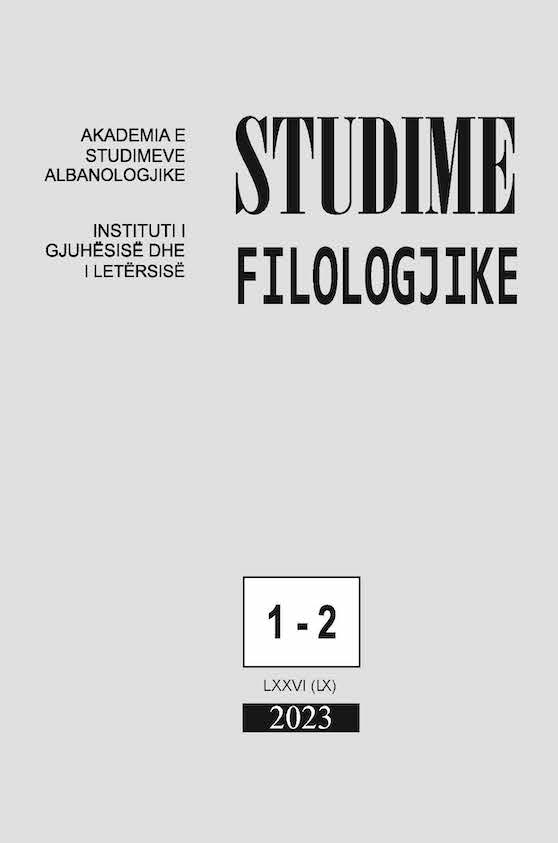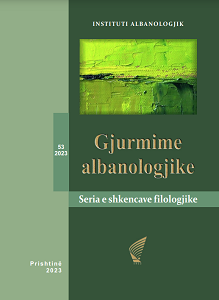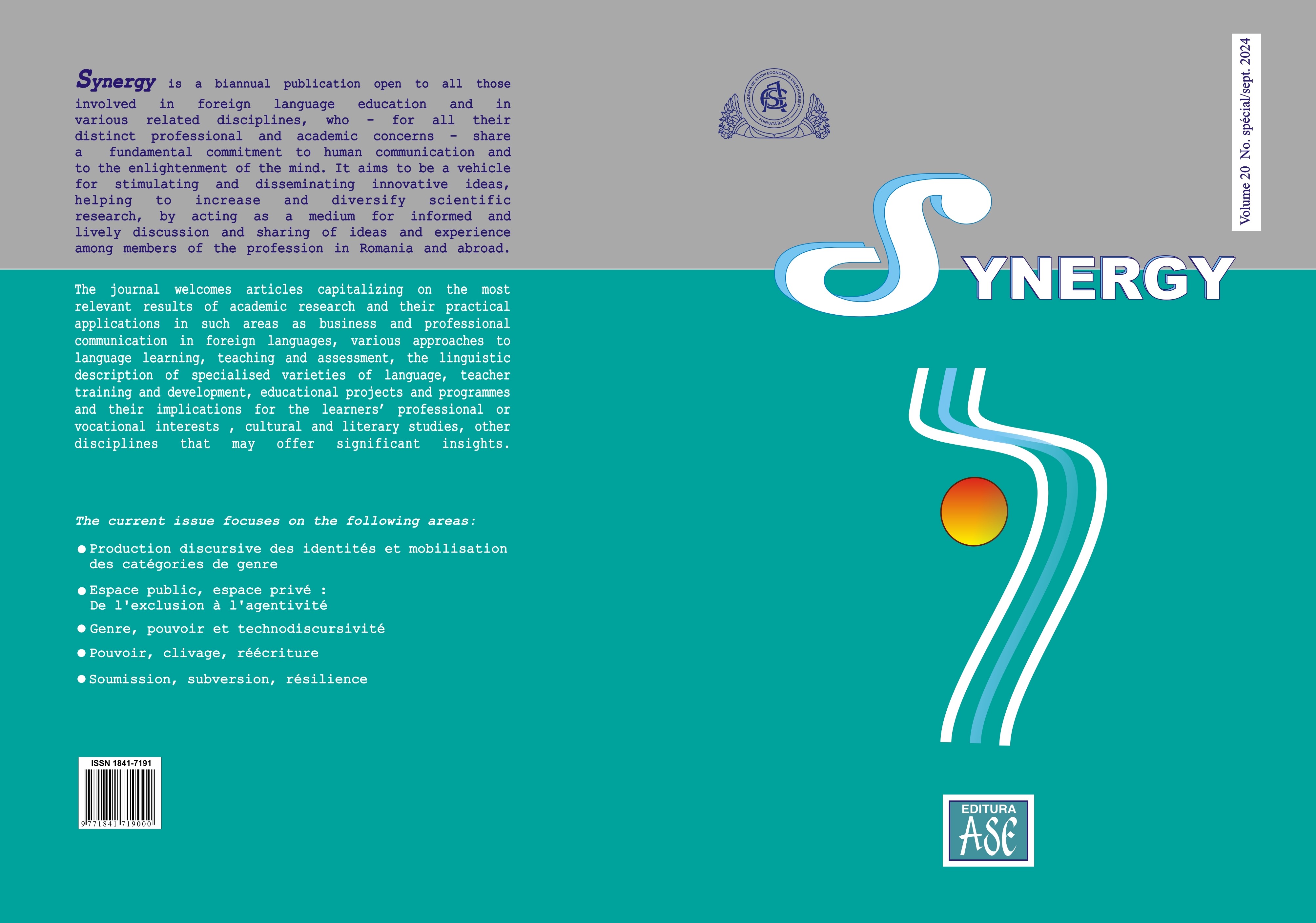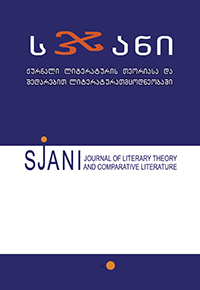Author(s): Tomorr Plangarica / Language(s): Albanian
Issue: 01-02/2023
This paper aims to highlight many of the traits in the “journey” of E. Zola’s works translated into Albanian and accessed by the Albanian reader, the peculiarities of reading his works, thus their reception in the Albanian cultural environment, the features that accompanied the reception process which was influenced not only by the characteristics of the literary works but also by the social, historical, ideological, esthetic and literary context in which the reception occurred. This paper deals particularly with the views of the actual readers, represented by concrete categories that allow us to examine this process; thus through the attitudes of the scholars of the time who represented the official critique for the literary works and creative methodology, based on the principles of Marxist-Leninist esthetics; through the so-called “savant critique” represented by scholars and professionals of foreign literature who were engaged in introducing the translated works (prefaces of publications in Albanian language or studies related to them) or of “university critique”, represented by university scholars with their interpretations presented in the university textbooks and manuals; and also through the so called “journalistic critique” represented by journalists engaged in the field of literature and arts that enabled the readers to gain a better understanding of the works by way of various introductory articles or reviews published in different periodicals. This paper aims also to explain the reasons for the respective attitudes of these categories of readers. Due to their particularities, the attitude towards E.Zola’s works has fluctuated in France and abroad, from one period to another and from one generation of readers to another. Written by a writer inclined towards modernity and creativity, an advocate of a creative method such as naturalism, characterized by experimental topics and approaches, focusing on major ideals such as the right, truth and justice, describing events that generally had as protagonists representatives of unfavorable classes of the society, taking place in a literary setting created by a writer and intellectual who openly declared his leftist ideological affiliation, the reception of Zola’s works has caused a lot of controversies even in his birth country since when he was still alive. In addition, after the Second World War, once Europe was divided along the lines of two ideological blocks, the reception of Zola’s works experienced disparate interpretations according to the respective ideologies in the two blocks. In postwar Albania, when the country initially became part of the socialist block for several years, but also afterwards, when the dominant ideology (and actually the only) was the Marxist-Leninist one, literary criticism was conducted based on the Marxist literary esthetics and critique. Zola’s works were no exception. However, in a country that inherited a natural affinity for the French culture resulting from traditional cultural ties, in various ways in the savant and journalistic critique of the time were reflected indicators that displayed the dynamics of E. Zola’s works reception in his native country; certainly, this was prudently expressed, without contradicting the official mainstream critique, and highlighting the realistic aspects of his works, his power in portraying the moral features of characters representing the oppressed classes and their protest, leaving aside aspects of his creativity which could became a source of controversy with the official stand.
More...
